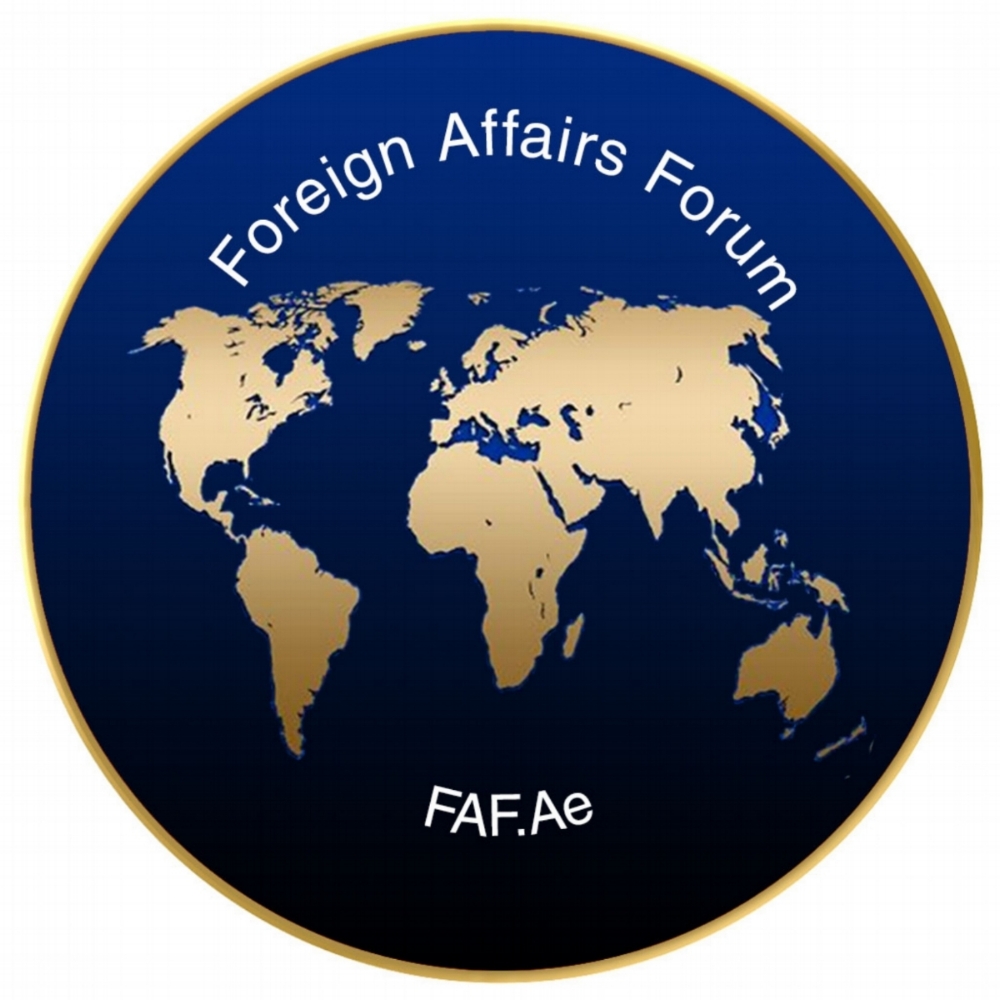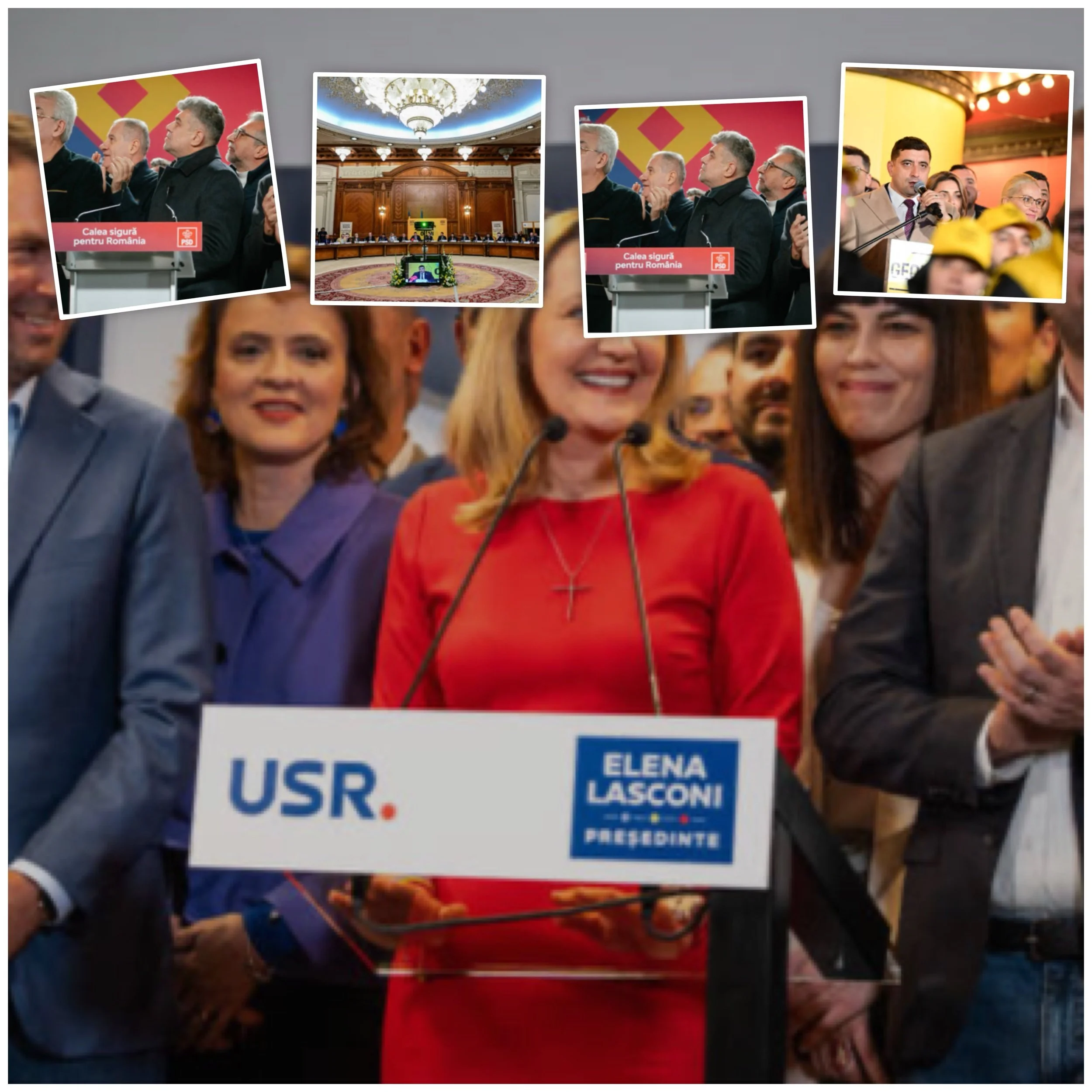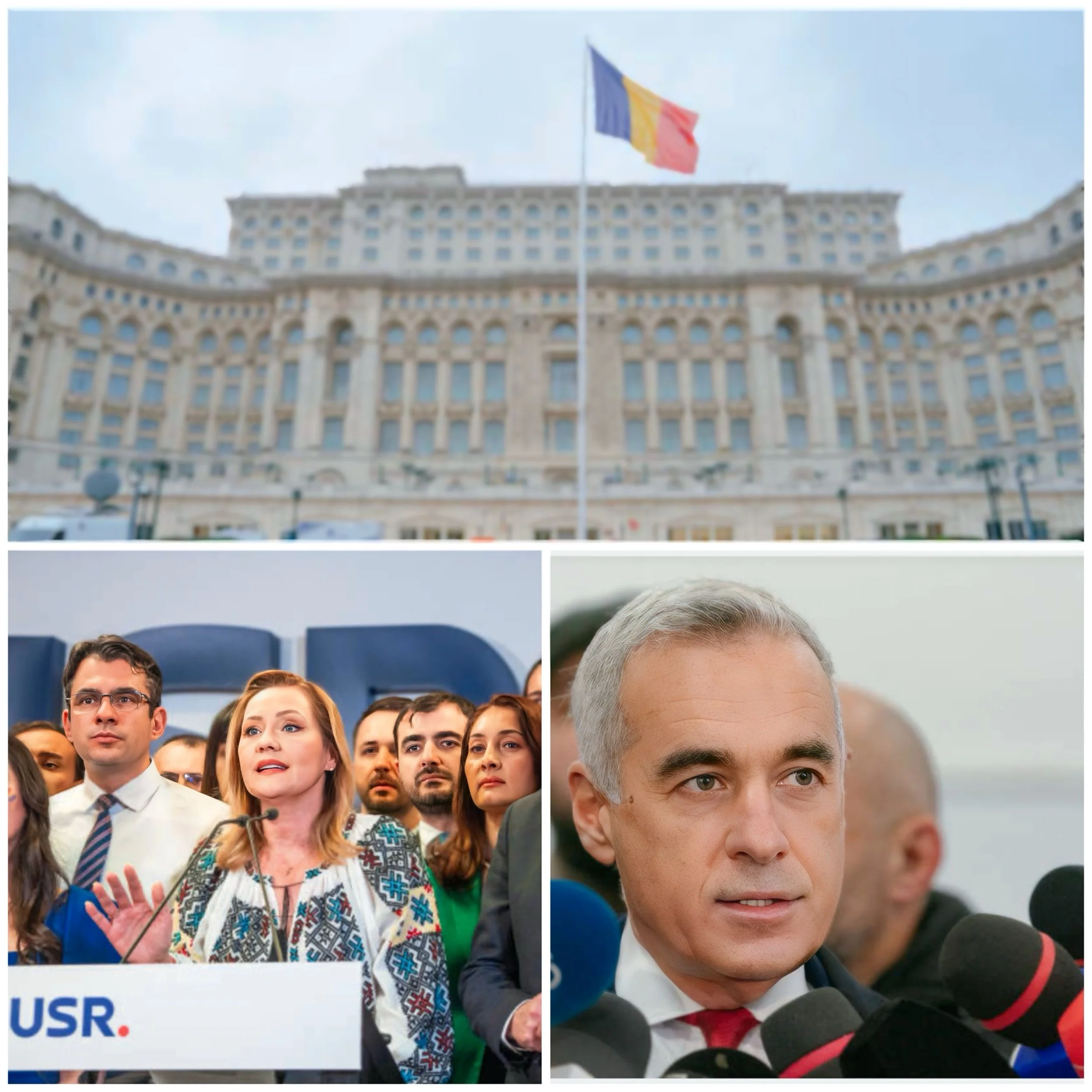Romanian hard right says it wants to be part of new government
Romania’s political landscape has shifted significantly following recent parliamentary elections, with the hard-right Alliance for Uniting Romanians (AUR) party expressing its desire to be part of a new coalition government.
Election Results and Political Landscape
The parliamentary elections on Sunday resulted in:
The leftist Social Democrat Party (PSD) winning the largest share of votes at 21%
AUR securing the second-largest share with 18% of votes
National Liberal Party (PNL) receiving 14.6%
Save Romania Union (USR) gaining 11.1%
This outcome represents a surge in support for hard-right and ultranationalist parties, which now hold over 30% of seats in the legislature.
AUR’s Position
George Simion, the leader of AUR, has stated:
AUR wants to be part of a coalition government
The party is open to discussions with all political forces in the Romanian parliament
AUR rules out cooperation with the Social Democrats (PSD)
Simion expressed readiness to propose a prime minister if nominated by the future president of Romania.
Presidential Runoff and Its Implications
A presidential runoff is scheduled for next Sunday between:
Far-right candidate Calin Georgescu
Centrist candidate Elena Lasconi
The outcome of this runoff is crucial as the president appoints the government.
A Georgescu victory could potentially align with AUR’s political views.
Potential Impact on Romania’s International Stance
AUR’s inclusion in a government coalition could significantly affect Romania’s position
It may challenge Romania’s pro-Western orientation
Support for neighboring Ukraine in its conflict with Russia could be eroded
AUR opposes military aid to Ukraine and is critical of the European Union
Challenges and Concerns
The rise of hard-right parties in Romania has raised several concerns:
Potential shifts in Romania’s stance on NATO and EU membership
Implications for minority rights and social policies
The impact on Romania’s relationship with its Western allies
While AUR claims to support Romania’s NATO and EU membership, the party criticizes what it calls a “greedy, corrupt bubble” in Brussels.
Conclusion
This political development represents a significant shift in Romanian politics, with potential far-reaching consequences for both domestic and international affairs.






